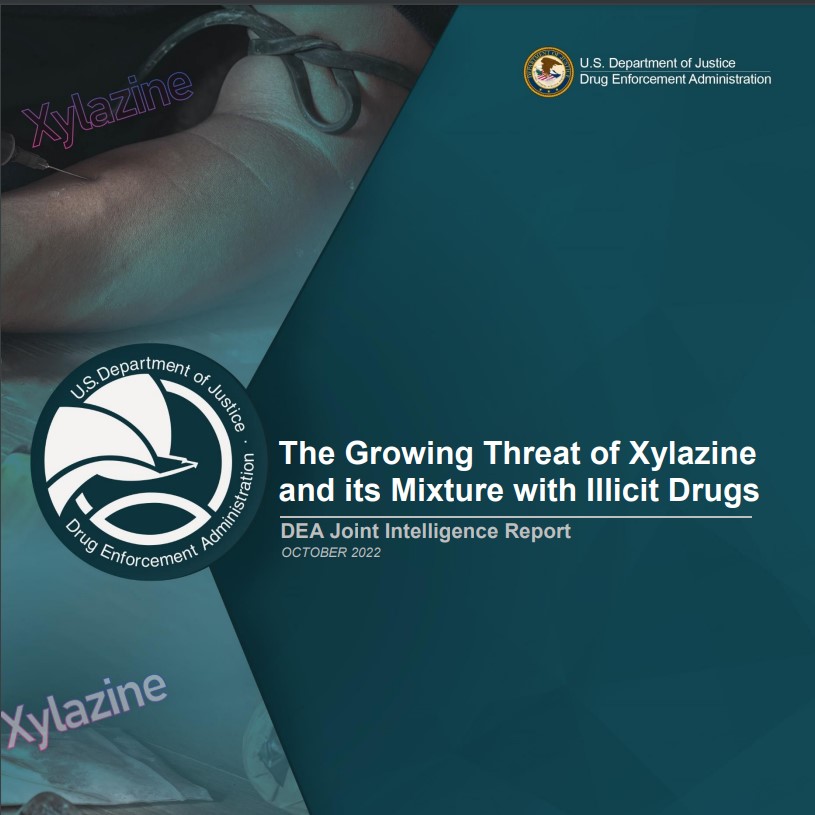Concord, NH – The New Hampshire Department of Health and Human Services (DHHS) is warning residents of an increase in the presence of the animal tranquilizer, xylazine, added to opioid street drugs like heroin and fentanyl.
Xylazine-positive overdose deaths doubled in the Northeast between 2020 and 2021. It is a non-opioid sedative used in veterinary medicine and causes sedation, respiratory depression, slow heart rate, and muscle relaxation in humans.
DHHS has issued information to healthcare providers on how to respond and treat xylazine misuse and overdoses. Anyone can get help with substance use disorder (SUD) by accessing the Doorway, or call 2-1-1.
“The increased presence of xylazine circulating in the Northeast is concerning,” Dr. Jonathan Ballard, Chief Medical Officer for DHHS stated. “When added to opioid drugs like heroin and fentanyl, it may increase the risk of overdose and death.”
Xylazine is also known to cause severe withdrawal symptoms when stopped and repeated exposure to xylazine may lead to severe, necrotic skin ulcers. Individuals with substance use disorder (SUD) may not know they are ingesting xylazine as it is often mixed with other drugs.
If you suspect xylazine may be involved in an overdose, follow these steps: Call 911. Use naloxone (Narcan). Though the effects of xylazine cannot be reversed using naloxone, xylazine often is used alongside opioids, which naloxone can reverse, so it should always be administered.





